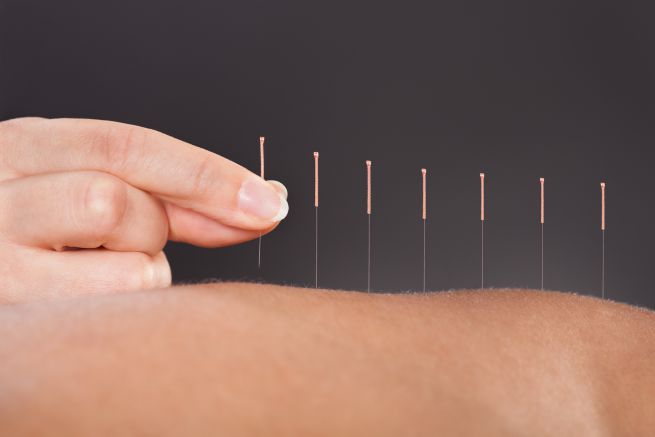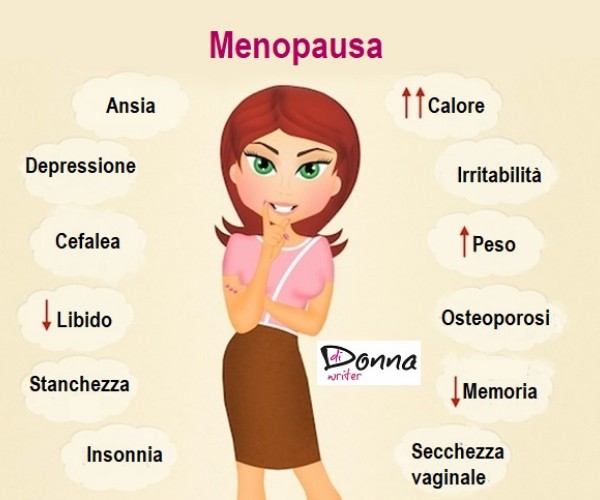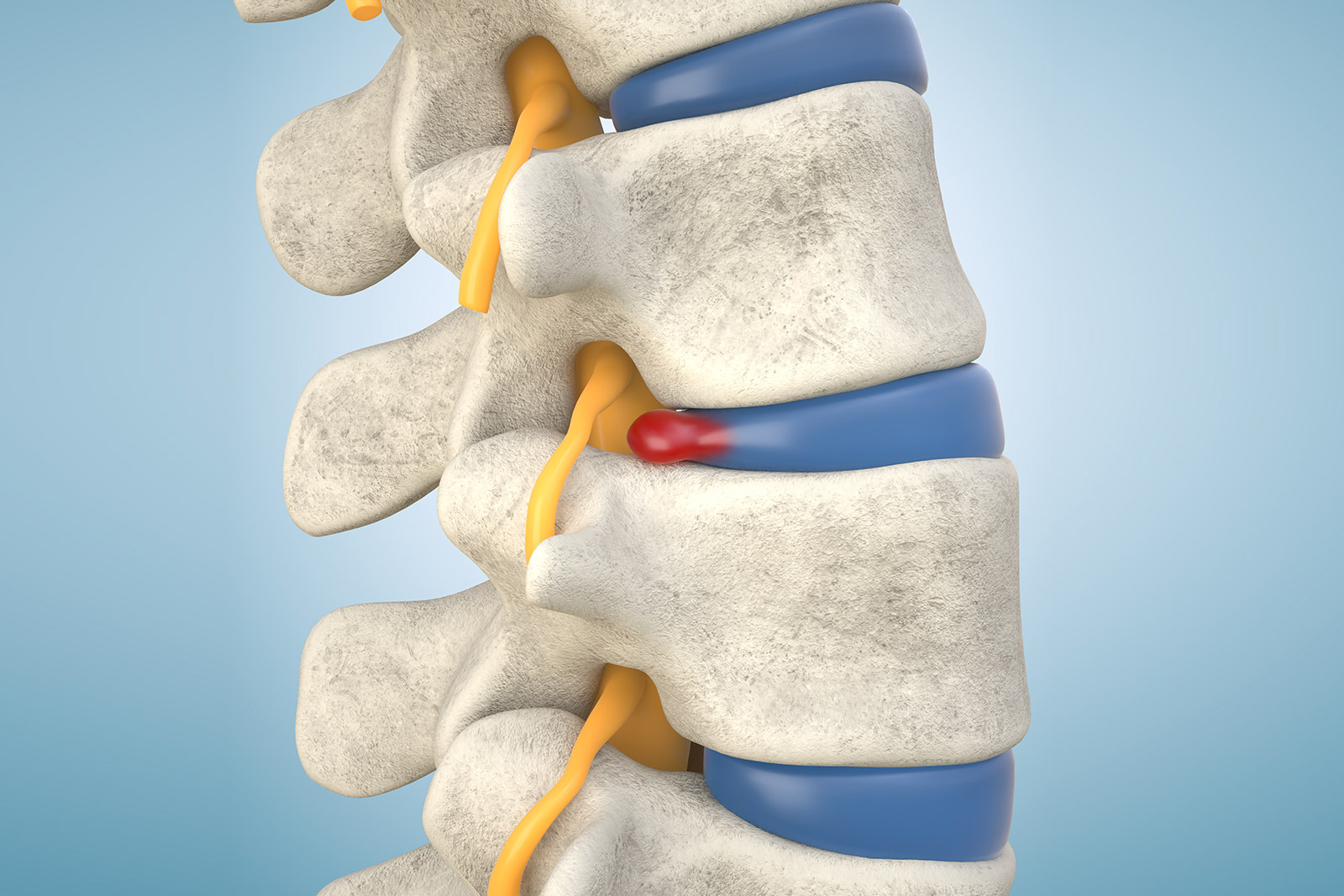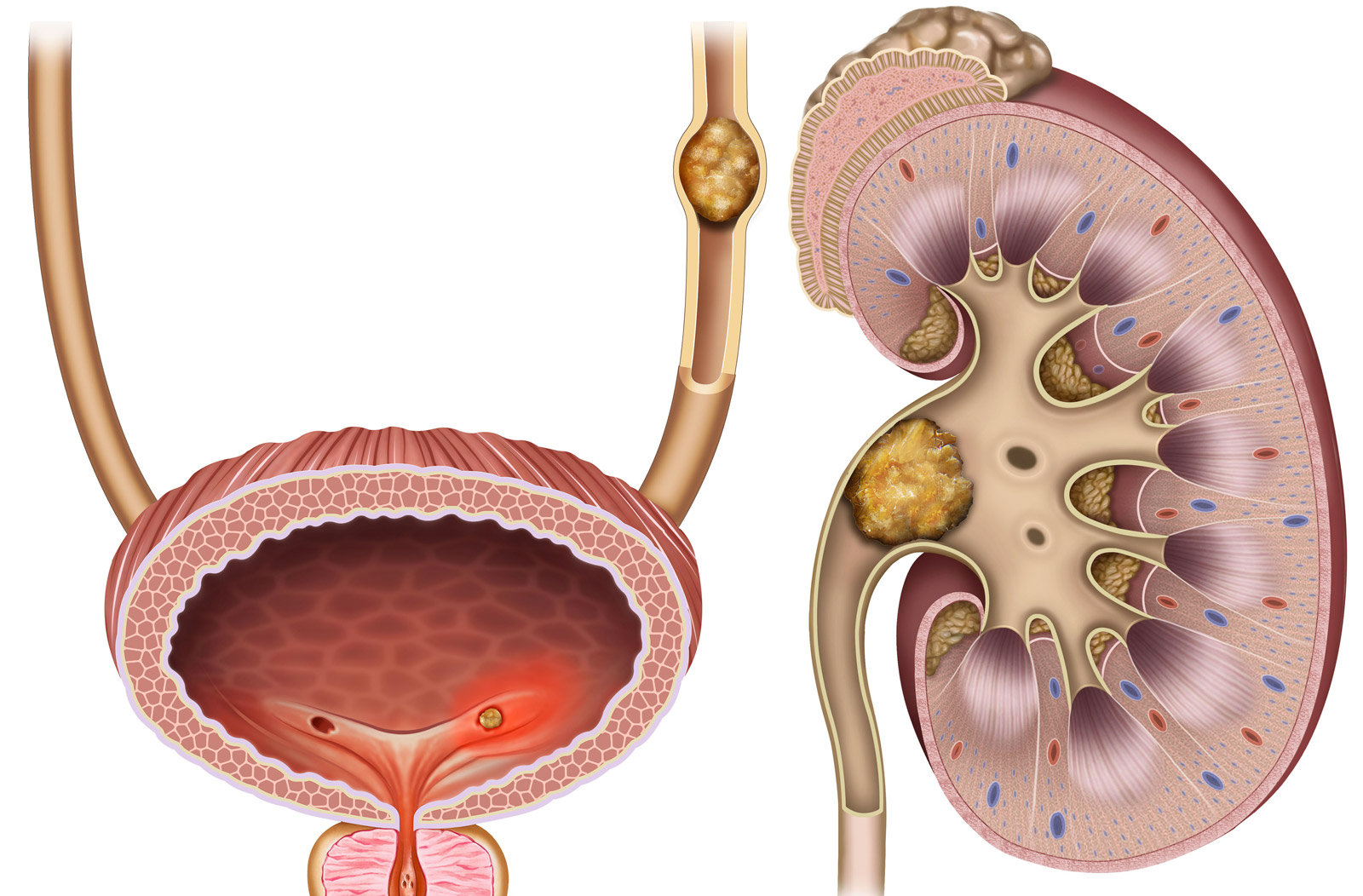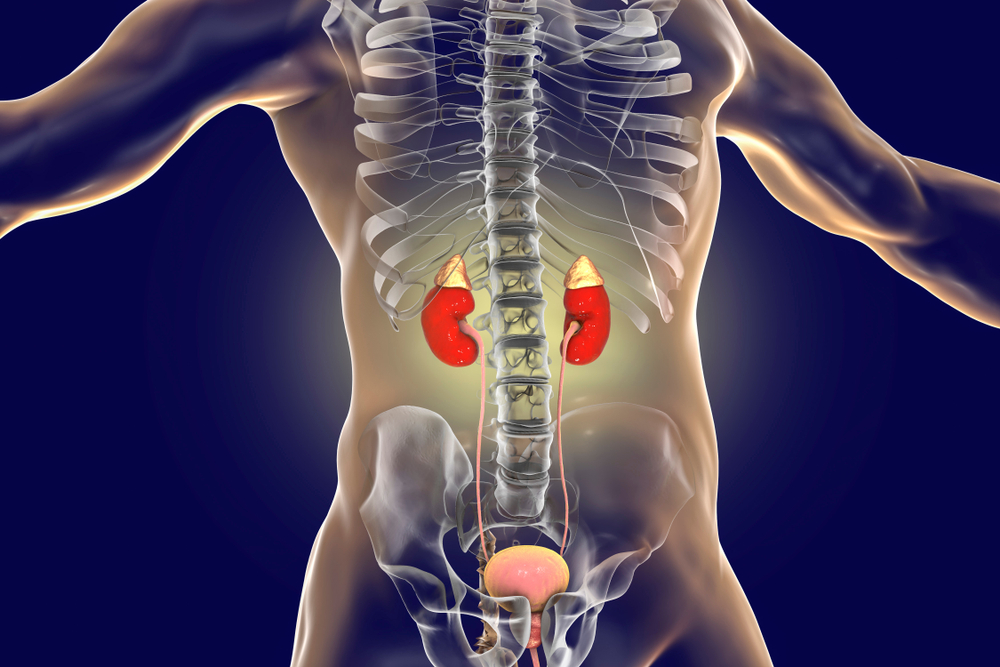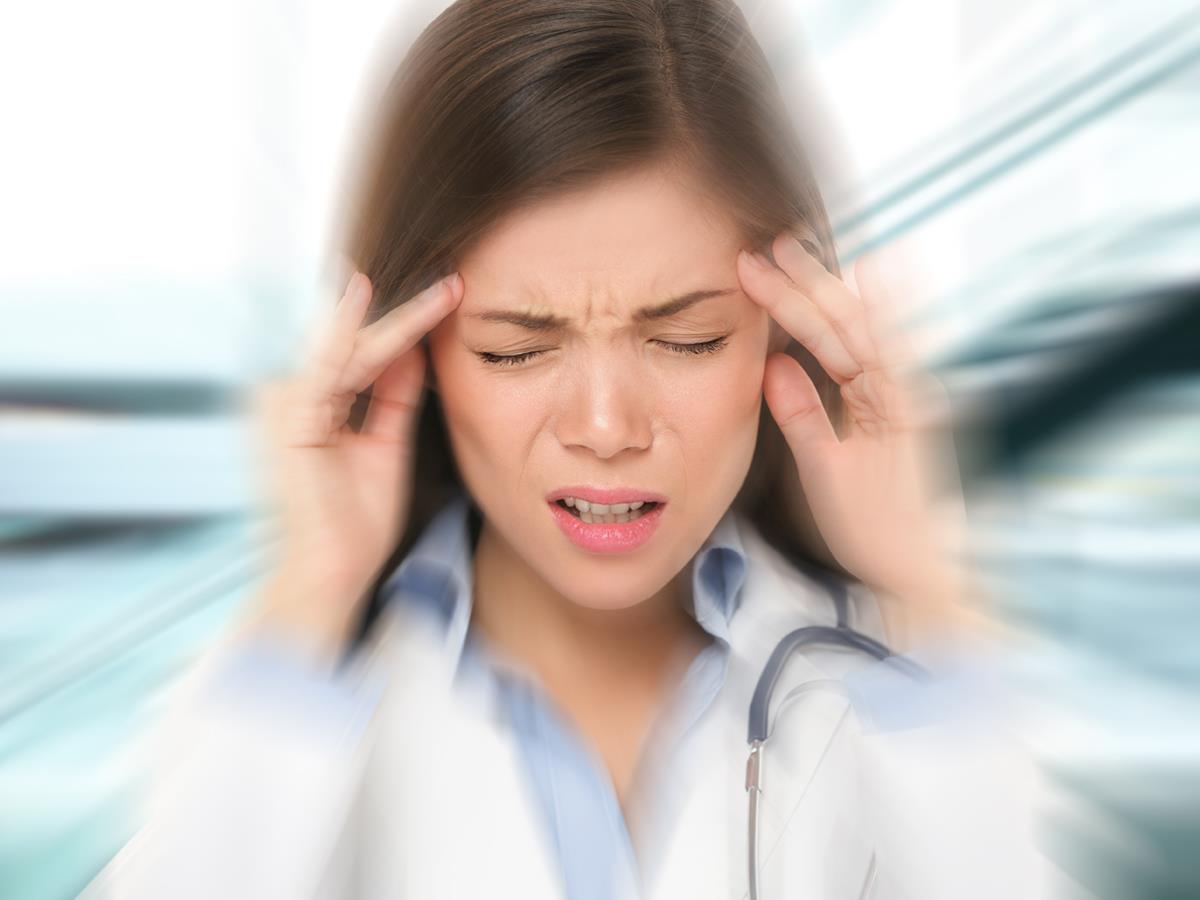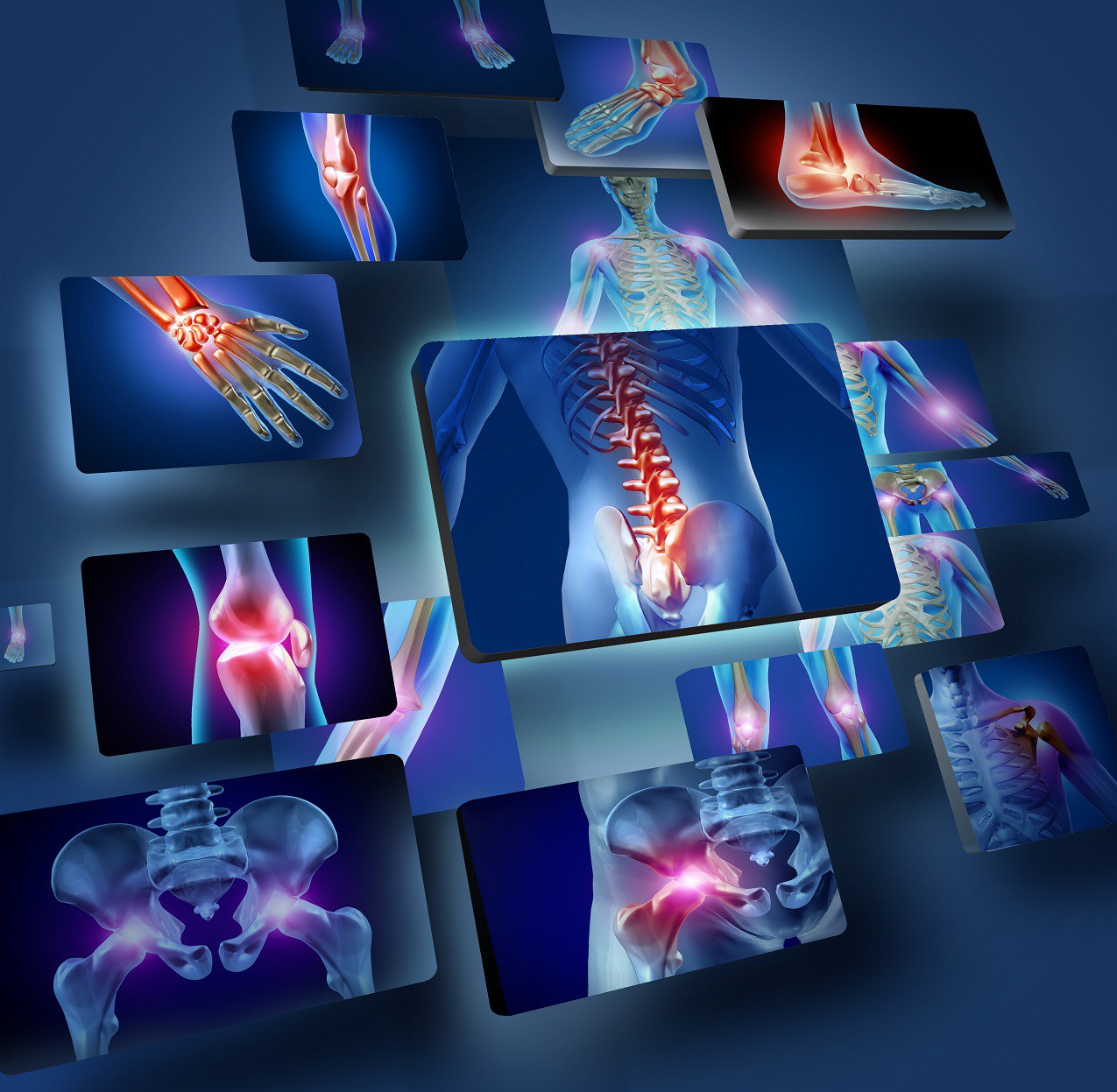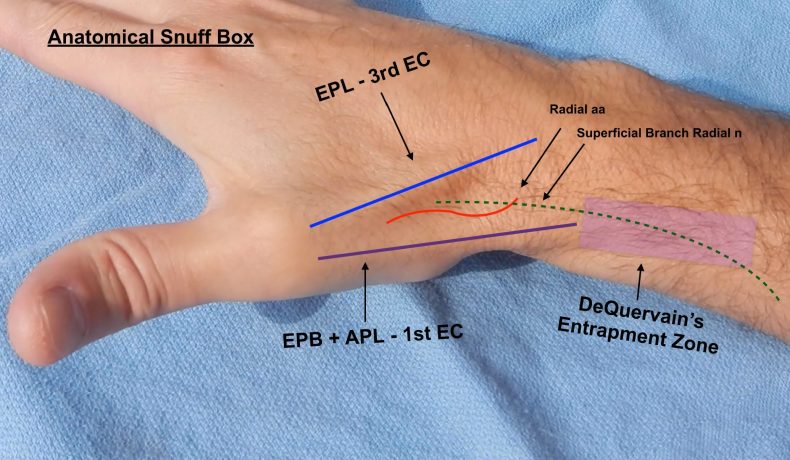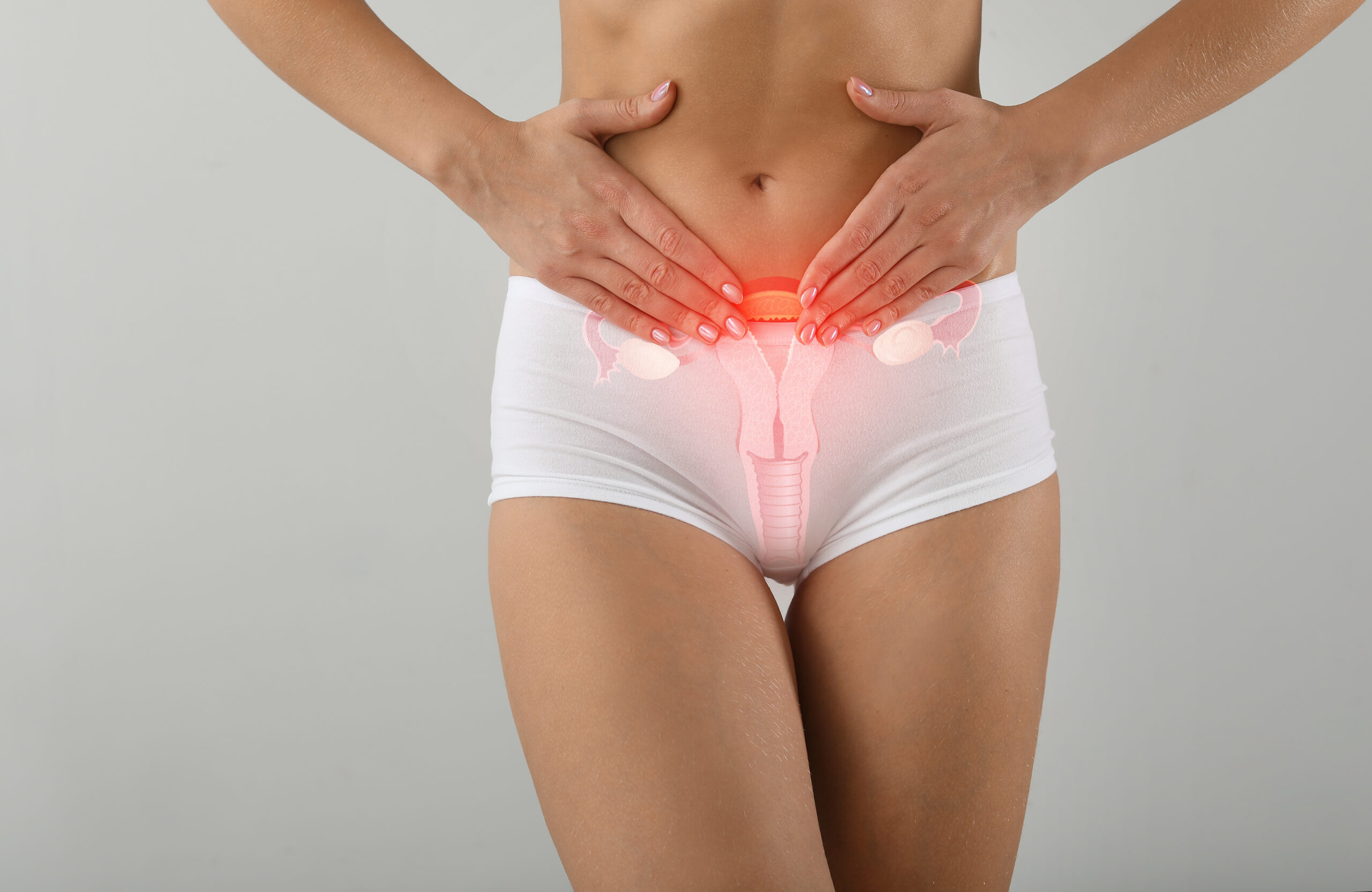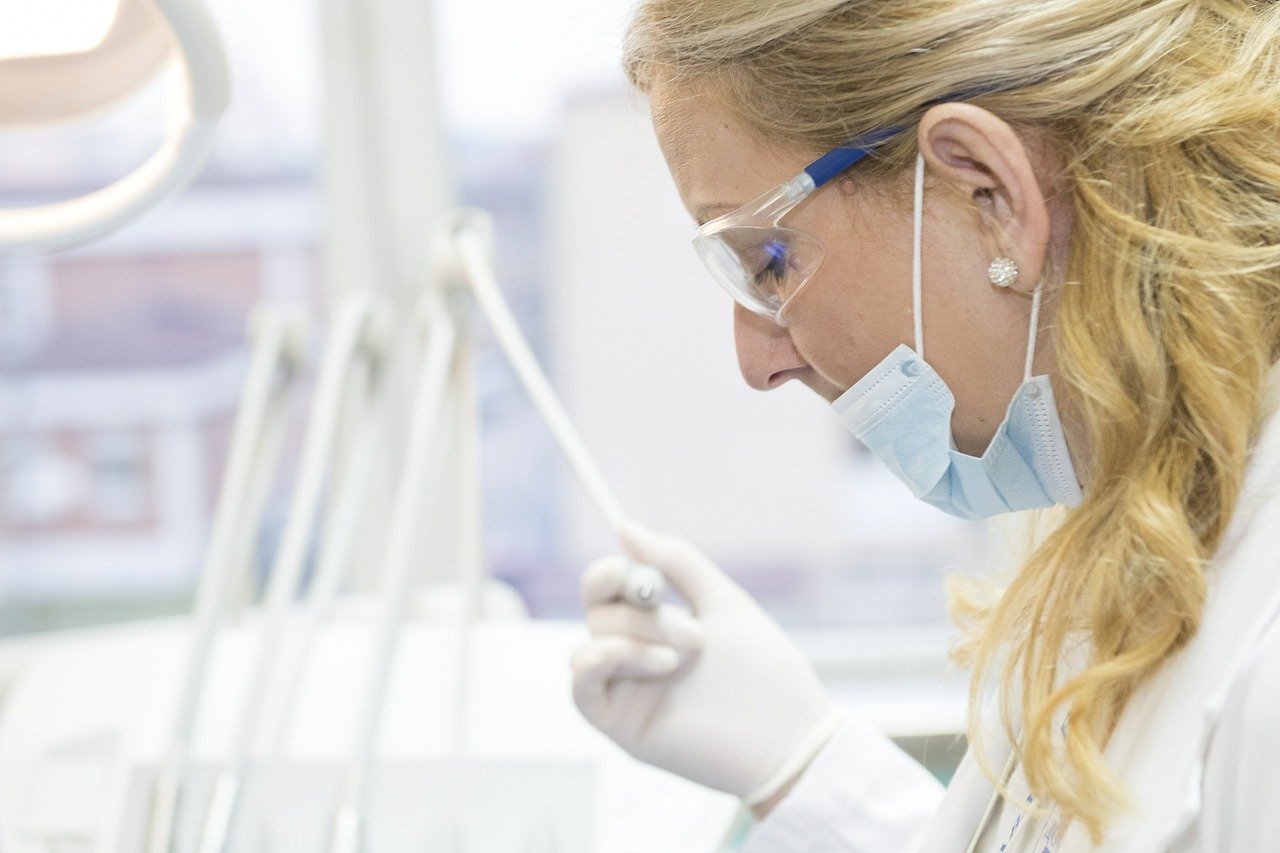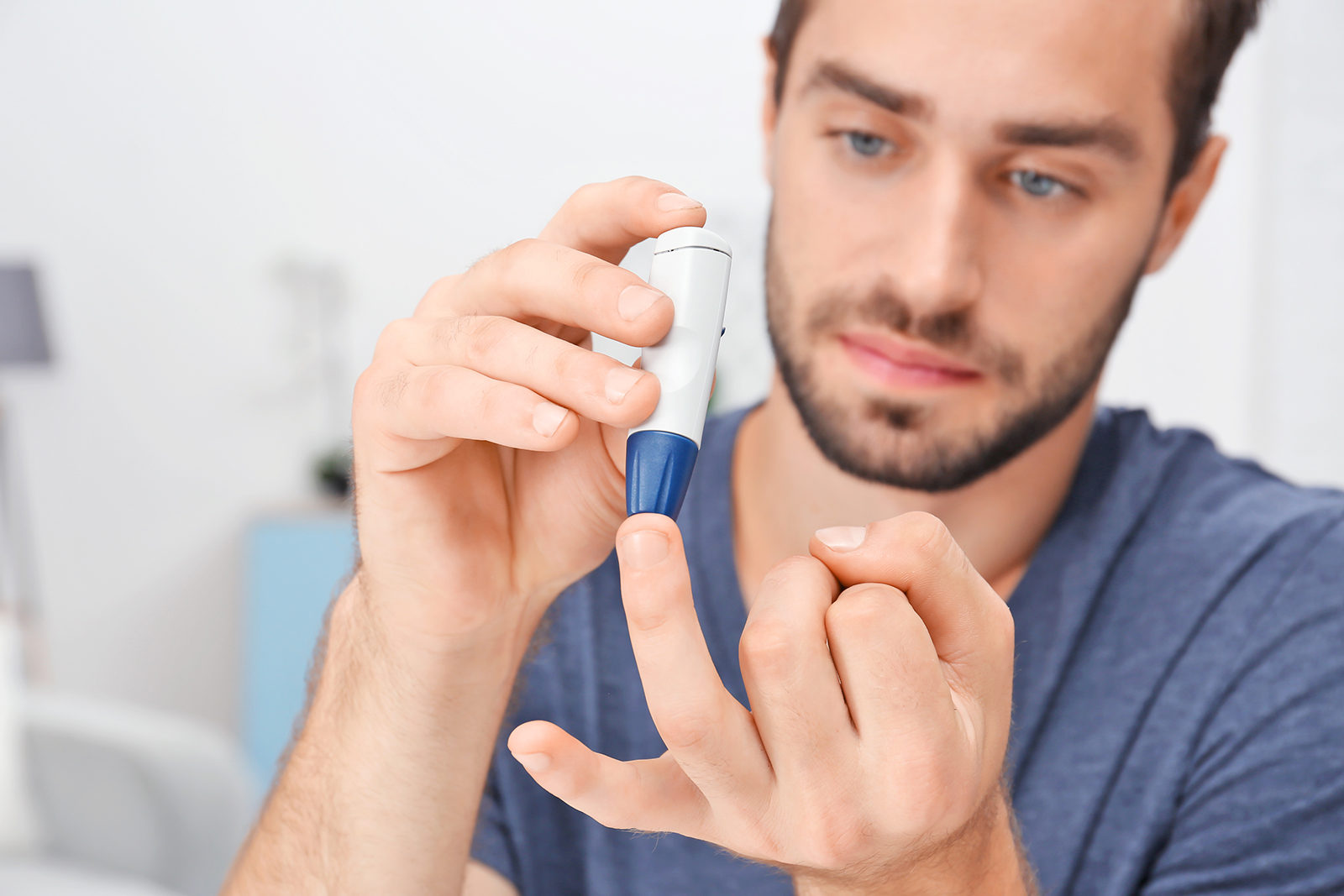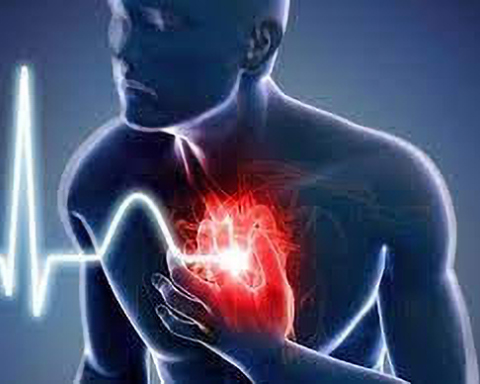Sudden amenorrhea or preceded by a period of menstrual cycle irregularity, rapid and intense menopausal symptoms, including severe hot flashes and genital atrophy.
Early menopause occurs when a woman’s menstrual cycle stops before the age of 40-45 years. It can occur as a natural occurrence or as a consequence of certain treatments.
Usually and for most women, menopause begins between the ages of 45 and 55, so it is advisable to talk to your doctor if you are younger and if your periods are not regular but become less frequent until they finally disappear (amenorrhea).
The causes for which early menopause can occur are attributable to a number of factors:
- Familial forms of moderately early menopause.
- Presence of a chromosomal aberration.
- Possible autoimmune activity, where the immune system starts attacking body tissues, especially when associated with adrenal insufficiency, thyroid insufficiency, or diabetes.
- An interruption in ovarian function due to chemotherapy treatment, radiation therapy, a surgical treatment.
- Surgical removal of the ovaries, as might occur in a case of hysterectomy (removal of the uterus).
When the ovaries are no longer able to produce normal levels of hormones, such as estrogen, leading to ovarian failure, natural early menopause can then occur.
Symptoms of early menopause:
- Infrequency of menstrual cycle or complete discontinuation, without also there being a pregnancy or other cause.
- Hot flashes-night sweats.
- Vaginal dryness and pain or discomfort during sexual activity.
- Difficult falling asleep or insomnia.
- Bad mood or anxiety.
- Decreased sexual desire (libido).
- Difficulty in concentration or memory lapses.
Early menopause can also result in affected women being at increased risk of osteoporosis and cardiovascular disease due to reduced estrogen hormone levels.
Symptoms, family history, and hormone tests can validate a diagnosis of early menopause, which can be treated by the medical specialist through the administration of insufficient hormones, sometimes through the contraceptive pill, having as its purpose protection from risky conditions following menopause, such as osteoporosis, but always based on the patient’s general condition, taking into account that in some cases this type of treatment is not feasible, as in the case of women with breast cancer. Alongside possible treatments, lifestyle adjustments that prevent symptoms and can improve the woman’s quality of life may be considered.











